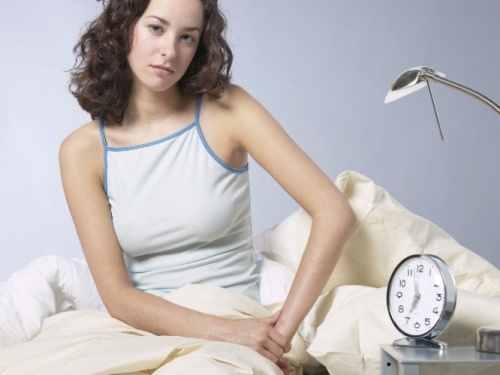Essential part of human life (one in women), which has the ability to reflect negatively on the dream: the menstrual period.
According to the psychiatrist, sleep disturbances occur in the premenstrual period and this alteration is due to the estrogen and progesterone that is made at this time of the month. Because women may experience drowsiness, although sleep is sufficient time is not restful.
Are you tired?
The hormone progesterone increases after ovulation (when an ovary releases an egg), can cause some women to feel more sleepy or fatigued. However, it is more likely that the poor quality of sleep occurs at the beginning of the menstrual cycle when bleeding starts.
Other factors affecting sleep are stress, mood, illness, medication, diet, lifestyle and sleep environment. Sleep experiences of women vary greatly during the menstrual cycle and certain types of sleep problems are associated with each phase of the cycle. However, here are three tips that can help you with this overnight problem.
- Exercise regularly, but finished at least three hours before bedtime.
- Avoid foods and drinks high in sugar (including honey, syrup), caffeine (coffee, soda, tea, chocolate) and alcohol before bedtime. Caffeine and alcohol disturb sleep.
- Avoid large meals and limit fluid intake before bedtime. Try to eat healthy snack to not be too full or too hungry.
The influence of the menstrual period in sleep varies from woman to woman, but maintains a balanced diet and exercise you can reduce the negative aspects. Try it!
